
Illustration: Cryptopolitan
As more people in Japan are marrying late or not at all, local governments are looking to artificial intelligence (AI) to help reverse the trend. They have been holding traditional matchmaking events, known as “konkatsu,” with the help of AI to select potential couples.
The central government is also supporting such measures as population declines across the country. Subsidies for AI matchmaking events have increased since fiscal 2021.
According to the Japan Agency for Children and Family, 31 of the country's 47 prefectures were offering AI matchmaking services as of the end of March 2023. The Tokyo Metropolitan Government joined the initiative in December last year.
In Ehime Prefecture in western Japan, the government has used big data to match singles with potential partners. The prefecture's system recommends blind dates based on personal information registered with marriage support centers and the browsing history of those looking for a partner.
The aim of the program is to broaden the pool of options, rather than limiting criteria to education and age. About 90 couples have married each year with the help of this center.
Tochigi Prefecture, north of Tokyo, also uses the system. In another system, users answer more than 100 questions. Based on this information, AI analyzes the qualities a person is looking for in a potential partner and vice versa before connecting them.
In Saitama prefecture, near Tokyo, where the system was introduced in 2018, 139 couples had married as of the end of November last year.
Shiga Prefecture launched an online marriage support center in 2022, after the COVID-19 pandemic broke out. As of the end of January, 13 couples had decided to get married through the support center, of which 6 were introduced by AI.
Professor Takeaki Uno of the National Institute of Informatics, who participated in the development of the aforementioned AI system in Ehime Prefecture, said that using AI in matchmaking services will help increase the range of potential dating partners, bringing benefits to many people.
Source





![[Photo] National Assembly Chairman Tran Thanh Man receives First Vice Chairman of the Federation Council of the Federal Assembly of the Russian Federation](/_next/image?url=https%3A%2F%2Fvphoto.vietnam.vn%2Fthumb%2F1200x675%2Fvietnam%2Fresource%2FIMAGE%2F2025%2F12%2F02%2F1764648408509_ndo_br_bnd-8452-jpg.webp&w=3840&q=75)


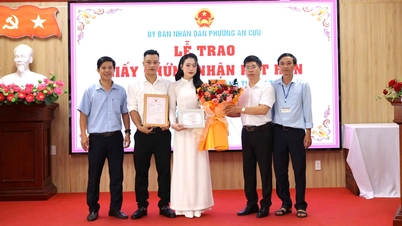







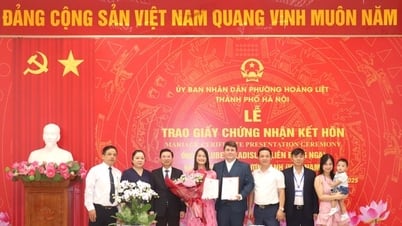


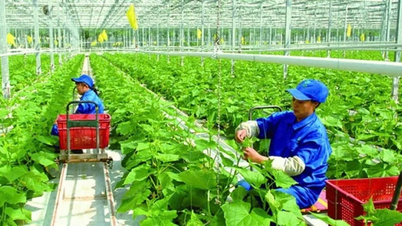

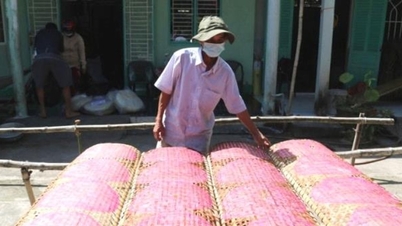
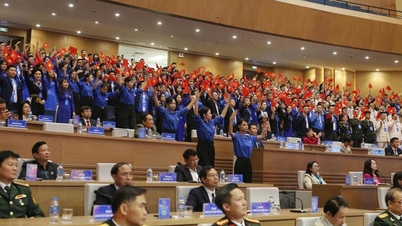


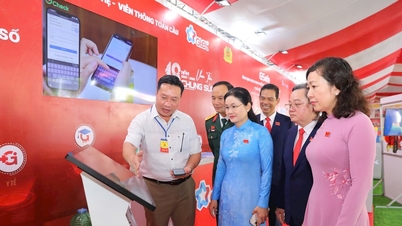





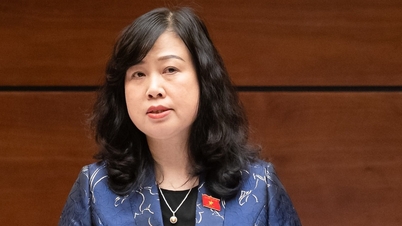



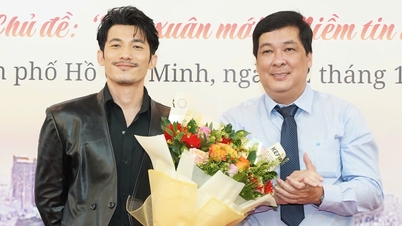

















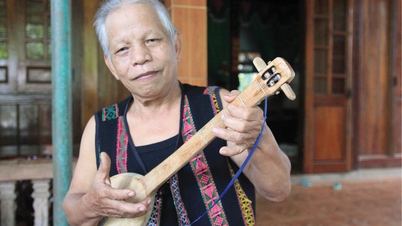
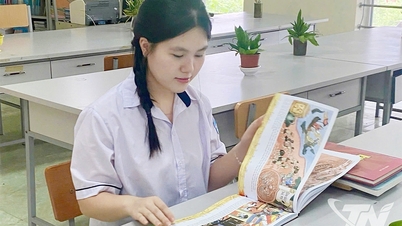


















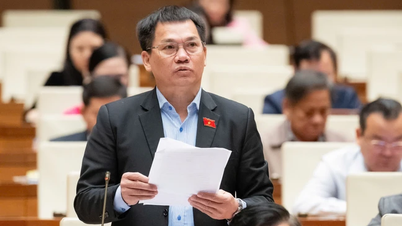

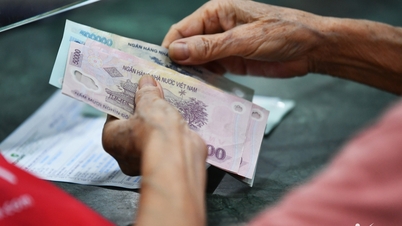
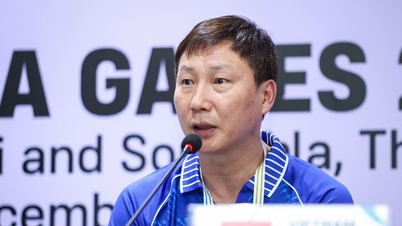





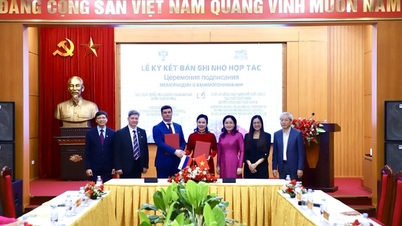




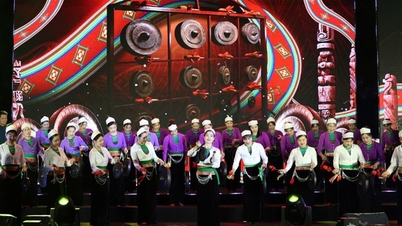




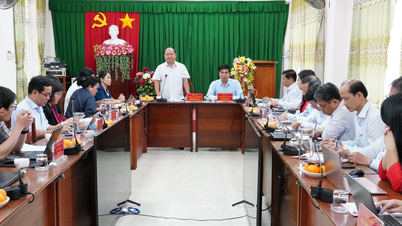




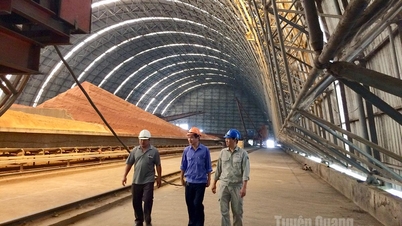













Comment (0)